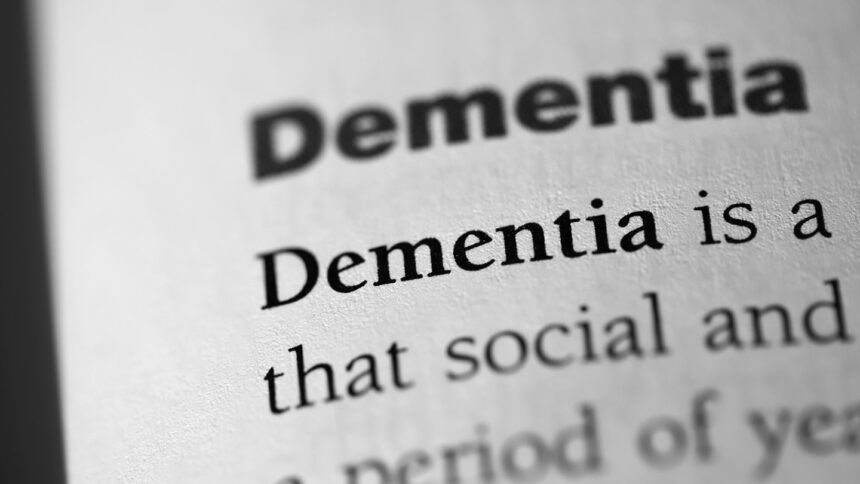
In a major study of older adults, investigators from RAND found that lifestyle factors such as lack of exercise and being obese were risk factors for developing dementia. By contrast, engaging in hobbies at age 60 helped to reduce the risk. The report was published Tuesday by RAND, nonprofit global policy think tank, research institute and consulting firm.
RAND researchers performed three studies to understand who is most at risk for developing cognitive impairment, how to increase older adults’ use of cognitive tests and how to encourage people at risk to receive brain health care. The team used prediction models to estimate dementia and cognitive impairment without dementia using variables measured at about 6 years old, then estimating outcomes at about 80 years old.
In the first study, the team used Health and Retirement Study data (that includes data from about 20,000 older adults in each wave, and waves started in 1992) to detect elevated risk for dementia years before its onset. All participants were interviewed at least once between 2000 and 2016.
While lifestyle factors predicted who developed dementia, the team also noted geographical links to dementia. Those born in the South had significantly higher chances of developing dementia, even when controlling for many other factors.
Although Black, Hispanic and lower-income individuals had a higher risk of developing dementia, race and ethnicity were not risk factors after controlling for education and income.
“This work provides additional evidence about actions that individuals can take to pursue a lifestyle that promotes brain health across the lifespan,” Peter Hudomiet, lead author and a senior economist at RAND, a nonprofit research organization, said in a statement. “Understanding risk factors can enable healthcare providers and policymakers to identify groups at the highest risk so they can direct resources to delay cognitive decline or address its effects.”
The second study assessed the relationship between individuals’ cognitive status, actions they took to prepare for the effects of cognitive decline and how those actions fared. Using data from the Health and Retirement Study from 2006 to 2016, the team found that people with a new dementia diagnosis were more likely to take action, as 25% sought financial help from their children compared with only 2% of participants who weren’t diagnosed with the disease.
As part of the third study, researchers surveyed 1,439 Americans ages 50 to 70 and found that out-of-pocket costs were the strongest barrier to seeking cognitive assessments, follow-up appointments and dementia treatments.
If testing were free, 80% of respondents said they would have a cognitive assessment and 77% would take an early-detection test for Alzheimer’s. If testing cost $300, the number willing to have a test fell by about half.
About 60% of respondents said they would consider a disease-modifying therapy if it would keep them independent for an additional three years.
